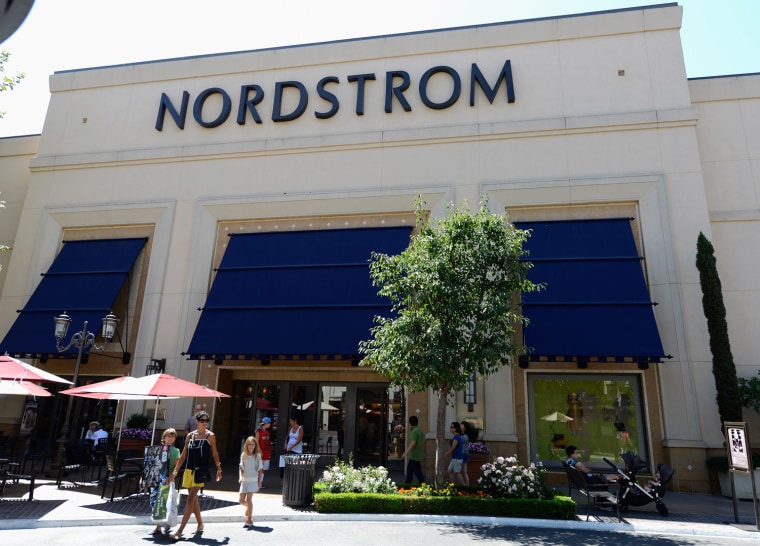Retail companies don't have to choose between high wages and high profits, argues a new report from the researchers at Demos.
In Retail's Hidden Potential, policy analyst Catherine Ruetschlin says that higher wages across the retail industry would create jobs and reduce poverty without cutting significantly into employers' profit margins.
In the study, Ruetschlin examines the potential impact of an industry-wide $25,000 wage floor. "For the typical worker earning less than this threshold, the new floor would mean a 27% wage raise," she writes. On a Monday morning conference call, she said the raise would "impact more than 5 million retail workers," and "lift 734,000 people out of poverty."
Furthermore, she said, a wage increase would be a boon to the economy, retail companies, and the consumers. Bringing the wage floor up to $25,000 a year "would increase GDP by between 11.8 and 15.2 billion dollars," she said.
"The cost of the wage increase amounts to $20.8 billion, or just one percent of all sales in the sector." The price of retail goods, she estimates, would only go up by a few cents, and retail workers would put their newfound disposable income back into making purchases from the industry.
Over 15 million Americans (and counting) are employed in the retail sector, where the average sales person earns as little as $21,000 annually.
In recent months, the practices of some of the largest retailers have come under increased scrutiny as employees at Wal-Mart—the largest private employer in America—have engaged in a series of nationwide strikes and demonstrations. Later this week, many Wal-Mart employees are expected to strike on Black Friday, the biggest shopping day of the year.
Wal-Mart, widely known for its poor wages, "could be the driver that lifts up the industry" if it were to set its own wage floor at $25,000, said Ruetschlin.
Also on the call, MIT Professor Zeynep Ton said her research had shown that generously compensating employees is good for large retail companies.
The conventional wisdom of the industry, which says that greater labor investment leads to either higher prices or reduced profits, is not true, she said. Companies like Costco and the Spanish retailer Mecadona "overperform compared to their competitions," she said. "This shows that it is possible to provide good jobs, low prices, and great profits all at the same time."
"If you have low investment in people then you have operational problems, then you have low sales, then you have low labor budgets, then you can't invest in people because you have low labor budgets," said Ton, describing the "vicious cycle" most large low-wage retailers find themselves in.
The problem is a "fundamental philosophy which sees labor as a cost to be minimized, not a precious asset to be maximized."
